Intro
Discover the final stretch of pregnancy with our guide to the third trimester, covering week-by-week fetal development, pregnancy symptoms, and preparation for childbirth, including labor signs and breastfeeding tips.
The third trimester of pregnancy is a critical period, marking the final stretch before the arrival of the baby. It is a time of significant growth and development for the fetus, and the mother's body undergoes numerous changes to prepare for childbirth. Understanding the milestones and challenges of each week can help expectant mothers navigate this period with confidence and anticipation.
As the third trimester commences, the fetus is approximately 12 inches long and weighs around 1.5 pounds. The baby's skin starts to thicken, and fat layers form, helping to regulate body temperature after birth. The pancreas begins producing digestive enzymes, and the liver starts producing bile, preparing the baby's digestive system for life outside the womb. The baby's lungs continue to mature, producing surfactant, a substance that helps them expand and contract properly after birth.
The third trimester is divided into three months, with each month bringing significant developments. During the 28th to 30th weeks, the baby's eyes start to develop, and they can detect light and darkness. The baby's skeleton, which was initially soft and pliable, starts to harden, and the skin becomes less transparent. The mother may experience Braxton Hicks contractions, which are mild, practice contractions that prepare the uterus for labor.
Week 28-30: Fetal Development and Maternal Changes
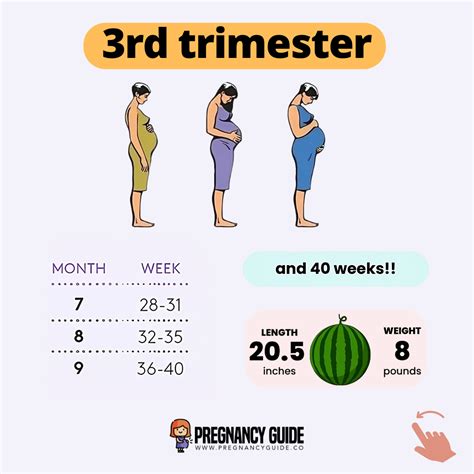
Fetal Development Milestones
Some notable milestones during this period include: * The baby's brain and nervous system continue to mature * The baby's senses, including sight, hearing, and taste, become more refined * The baby's digestive system practices contractions, preparing for life outside the womb * The baby's skin starts to thicken, and fat layers formWeek 31-33: Preparation for Childbirth
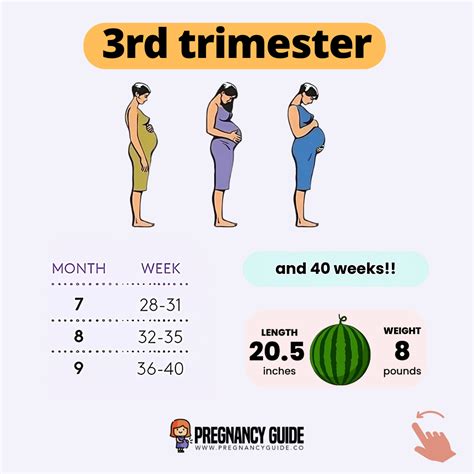
Maternal Changes and Symptoms
Some common symptoms during this period include: * Back pain and pelvic pressure * Shortness of breath and difficulty breathing * Mood swings and emotional changes * Fatigue and exhaustion * Swelling in the feet, ankles, and handsWeek 34-36: Final Preparations
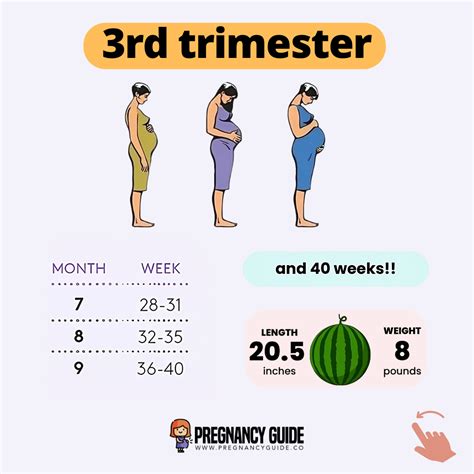
Final Preparations and Tips
Some tips for expectant mothers during this period include: * Staying hydrated and eating a balanced diet * Practicing relaxation techniques, such as deep breathing and meditation * Getting plenty of rest and avoiding strenuous activities * Preparing the nursery and baby essentials * Attending childbirth education classes and preparing for breastfeedingWeek 37-40: The Final Countdown
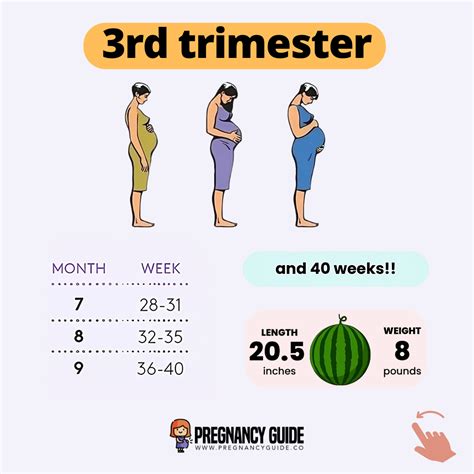
The Birth Process and Postpartum Care
Some things to expect during the birth process and postpartum care include: * A supportive birth team and medical care * Pain management options and breastfeeding support * Postpartum recovery and self-care * Emotional support and counseling * Follow-up appointments and check-upsPostpartum Care and Recovery
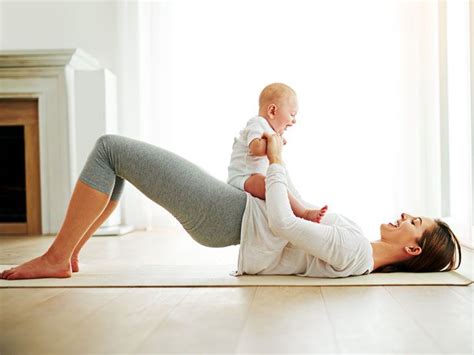
Postpartum Recovery Tips
Some tips for postpartum recovery include: * Getting plenty of rest and avoiding strenuous activities * Eating a balanced diet and staying hydrated * Practicing relaxation techniques, such as deep breathing and meditation * Seeking support from family, friends, and medical professionals * Attending follow-up appointments and check-upsConclusion and Next Steps

We invite you to share your thoughts and experiences in the comments below. If you have any questions or concerns about the third trimester of pregnancy, please don't hesitate to reach out. You can also share this article with friends and family who may be expecting a baby.
What are the most common symptoms during the third trimester of pregnancy?
+The most common symptoms during the third trimester of pregnancy include back pain, pelvic pressure, shortness of breath, mood swings, and fatigue.
How can I prepare for childbirth during the third trimester?
+You can prepare for childbirth by attending childbirth education classes, practicing relaxation techniques, and preparing the nursery and baby essentials.
What are the most important things to know about postpartum care and recovery?
+The most important things to know about postpartum care and recovery include getting plenty of rest, eating a balanced diet, practicing relaxation techniques, and seeking support from family, friends, and medical professionals.
